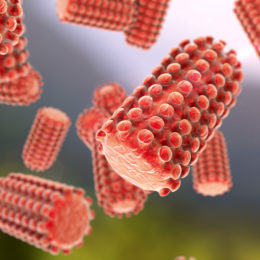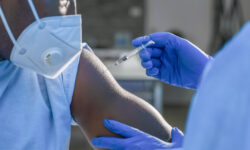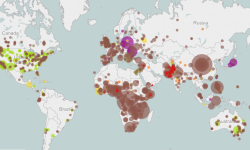Happy Birthday to the Rabies Vaccine

Though we celebrated America’s birthday earlier this week, today, another anniversary deserves recognition. 132 years ago, French scientist Louis Pasteur first administered his experimental rabies vaccine to a young boy who had been bitten by a rabid dog.
TIME reported:
“One hot July morning in 1885, feverish little Joseph Meister was dragged by his frantic mother through the streets of Paris in search of an unknown scientist who, according to rumors, could prevent rabies. For nine-year-old Joseph had been bitten in 14 places by a huge, mad dog and in a desperate attempt to cheat death, his mother had fled from their home town in Alsace to Paris. Early in the afternoon Mme Meister met a young physician in a hospital. ‘You mean Pasteur,’ he said. ‘I’ll take you there.’
Bacteriologist Louis Pasteur, who kept kennels of mad dogs in a crowded little laboratory and was hounded by medical criticism, had never tried his rabies vaccine on a human being before. But moved by the tears of Mme Meister, he finally took the boy to the Hotel-Dieu, had him injected with material from the spinal cord of a rabbit that had died from rabies. For three weeks Pasteur watched anxiously at the boy’s bedside. To his overwhelming joy, the boy recovered.”
In 1885, rabies was almost certainly fatal. Even today, the U.S. Centers for Disease Control reports that fewer than 10 individuals have ever survived after showing symptoms of the rabies virus. In areas where the virus is uncontrolled, rabies kills roughly 50,000 people each year.
Thanks to Pasteur’s research, vaccinations for wild and domestic animals have made human rabies a rarity in the U.S., with only 1-3 cases occurring each year. According to the journal Clinical Infectious Diseases, timely post-exposure treatment is “virtually always effective.”
While vaccines continue facing unwarranted criticism, today is a good day to share the history of one vaccine’s unquestioned success.





